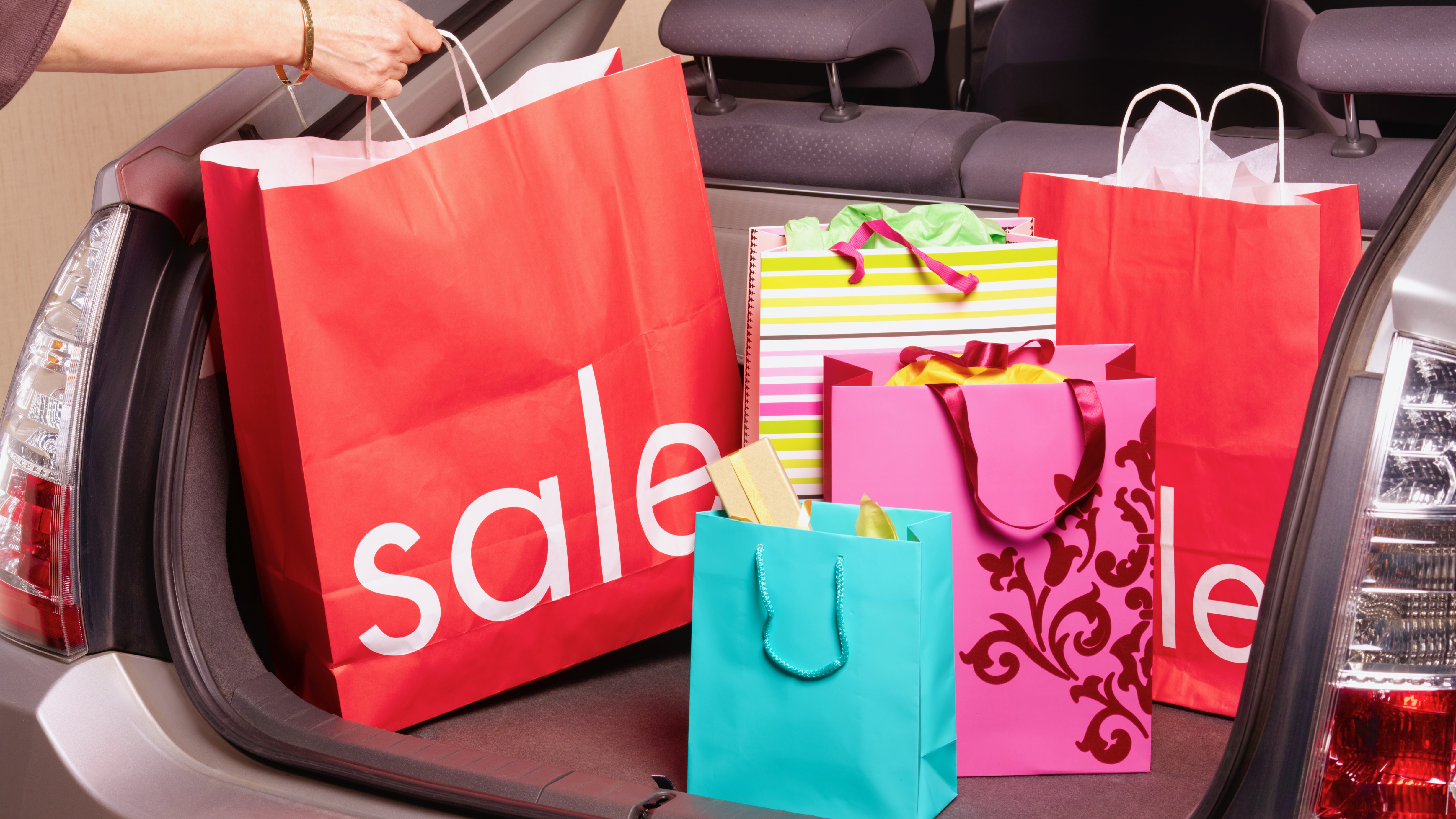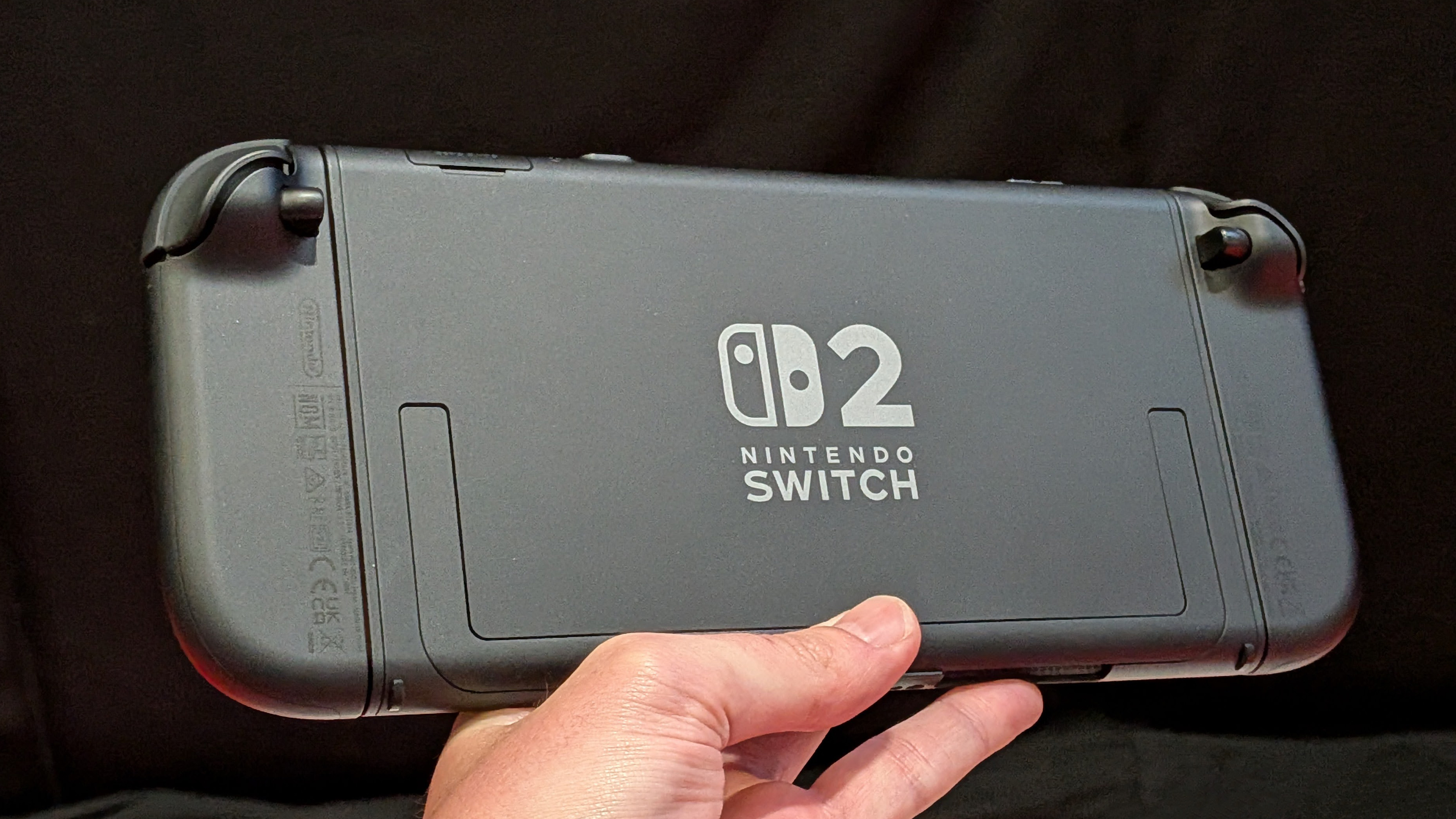

Along with traditional banking options like credit cards, digital payments have exploded onto the Australian scene in the last few years. But whether it's digital wallets like Apple Pay, Google Pay and Samsung Pay, or Buy Now Pay Later (BNPL), the choice between how and when you pay doesn’t just come down to convenience.
There’s also costs involved and if you don’t fully understand how each payment platform works and the associated fees, that item you thought you scored at a 'bargain' price could wind up being a costly decision.
In this guide, we’ll run you through the stats, review the fees and give you tips on navigating your way through Australian credit cards and buy now pay later options to help you make more informed buying decisions.
Buy Now Pay Later and credit cards: how they work
Buy Now Pay Later is currently booming as a payment method for Australian consumers. According to the Australian Securities and Investments Commission (ASIC) 2020 Buy Now Pay Later industry update, the number of active BNPL accounts across six platforms grew by 38%. Research from financial comparison site Mozo also found that, in 2020, 5.8 million Aussie shoppers already had at least one account with a BNPL platform (that’s not to mention those that have accounts across a number of them).
There are now 11 different buy-now-pay-later platforms in Australia: Afterpay, Zip, Humm, Klarna, OpenPay, Bundll, Payright, PayItLater, Splitit, LatitudePay and LayBuy. The concept of ‘buy now pay later’ is pretty simple. You purchase a product or service online or in-store, and then pay it back in a set number of installments overtime, usually interest free.
Similar to BNPL, a credit card also enables a customer to purchase products or services and pay them back over time, but with a credit card there is usually no time limit. Customers must make a minimum repayment amount and unless you pay the card off in full each month, you will usually have to pay interest charges. At the moment, the average ongoing purchase rate for non-rewards credit cards in the Mozo database sits at 13.60%.
Unlike BNPL, credit card accounts in Australia are in decline. Recent stats from the Reserve Bank of Australia (RBA) show that, as of February this year, there were almost 12.7 million personal credit card accounts in Australia. That’s compared to 13.7 million the year before.
Sign up to the T3 newsletter for smarter living straight to your inbox
Get all the latest news, reviews, deals and buying guides on gorgeous tech, home and active products from the T3 experts
The industry is constantly evolving however. Last year, NAB released its StraightUp card, while CommBank introduced its Neo card. Both options act more like BNPL, and come with a 0% interest rate and instead charge customers a monthly account fee. Several other credit card companies also have repayment plan options which allow customers to pay back purchases in set installments.
Buy Now Pay Later and credit cards: Online and in-store acceptance
Most Australian credit cards are connected via the Visa, MasterCard or American Express payment networks, and can be used at millions of online or physical stores around the world.
When it comes to using buy now pay later, not every store or retailer will offer all BNPL platforms. This is one of the reasons why people sign up for multiple buy now pay later accounts in Australia.
You will only be able to purchase using BNPL if that store has an agreement in place, however increasingly major retailers like Bing Lee, Kogan, Big W and Godfrey’s will have more than one BNPL option available.
Another factor worth knowing is that buy now pay later account limits are generally a lot lower than credit card limits. For example, Afterpay has a maximum account limit of AU$2,000, whereas a credit limit on a credit card could be up to AU$10,000 or more.

Types of fees: Buy Now Pay Later versus credit cards
Not keen on fees? Join the club.
The truth is, both buy now pay later and credit cards have fees attached to them. But if you’re savvy when weighing up each payment option, you may find there’s a fee or two you can dodge and keep more of your precious cash in your pocket.
Buy Now Pay Later fees:
- Monthly fee: Some BNPL providers charge a monthly fee when you have an account with them. These often range from about AU$8 to AU$10.
- Establishment fee: You may need to pay a one-off upfront establishment fee when you first sign up for a BNPL service.
- Service fee: A service fee might apply if you are making a larger purchase, this covers the costs of setting up the transaction.
- Late payment fee: If you miss a repayment, you could be penalised for it. Remember, this type of fee is not a one-off, meaning if you continually default on your repayments you will get charged more.
Credit card fees:
- Annual fee: Most credit card options come with an annual fee attached to them. For non-rewards credit cards these can range from AU$0 to AU$209 each year.
- Late payment fee: Like BNPL, credit card providers charge late fees if you miss your monthly minimum repayment. This fee is on top of any interest you are charged, and can range from AU$0 to around AU$30. You could be charged this each time you forget to make a payment.
- Credit card surcharge: Some retailers charge extra to customers using a credit card to make a purchase. This cost is often calculated by the store and is a certain percentage of the transaction amount.
- International transaction fee: With your credit card you have the flexibility to buy from overseas stores, however this may come at a cost. Some credit card providers charge a foreign exchange margin for transactions that aren’t in Aussie dollars, usually around 3% of the amount you are spending.
Buyer beware: what you need to know about your credit score
Whether you choose to use buy now pay later or a credit card, it is important to keep a good track record with your repayments. If you miss repayments or are late making repayments, this could lead to you getting a negative mark on your credit file and lead to a low credit score.
But it isn’t just bad behaviour that you need to worry about. Credit card providers also report positive behaviour as we have a system of positive credit reporting in Australia. So paying bills on time, sticking well within your credit limit, and not having too many cards or active BNPL accounts will all go towards building a good profile and credit score.
Your credit score is just one factor that banks and other financial institutions use to determine when evaluating loans. Many lenders in Australia now also base interest rates depending on your credit score, so when it comes to getting a home loan or a personal loan down the track, this can make a big difference to your repayments so it is worth keeping in mind.
Account security: is Buy Now Pay Later as secure as a credit card?
Seeing giant iron-barred safes in a traditional bank and a big question mark over buy now pay later? We don’t blame you.
It’s true, by opting for a credit card you’ll receive all the security that comes with a bank or card provider. While your file may not be locked away safe these days, the details you provide are backed up by sophisticated encryption technology. This ensures your information is digitally secure when you are making payments and viewing your transaction history.
And the security goes outside of your bank too. Global payments service providers like Mastercard and Visa also offer Zero Liability protection in the case of unauthorised use of your card.
Like banks, buy now pay later services collect your data.
In fact, BNPL providers require customers to disclose personal information, from contact and identification details to financial information. But being relatively new on the scene, how do you know that your data is being kept secure?
Many BNPL providers fall under the Privacy Act, Australian Privacy Principles and the Privacy Credit Reporting Code 2014. Ultimately, they act as a guideline for the way in which BNPL providers collect, use and disclose customer information.
For example, Zip and Humm store customers’ personal information both physically and electronically. They abide by industry standard levels of security to prevent any potential breaches of personal information they receive.
Author bio
Polly Fleeting is a personal finance writer at Mozo, specialising in loans, credit cards and buy now pay later. Her work is aimed at helping people find ways to make smart product choices, reduce debt and get more for their hard-earned dollars. Whether she is squirreling away funds for when overseas travel returns or finding the next best thing in digital payments, keeping up with the latest financial trends and being savvy with money is in Polly’s DNA.
Polly Fleeting is a personal finance writer at Mozo, specialising in loans, credit cards and buy now pay later. Her work is aimed at helping people find ways to make smart product choices, reduce debt and get more for their hard-earned dollars. Whether she is squirreling away funds for when overseas travel returns or finding the next best thing in digital payments, keeping up with the latest financial trends and being savvy with money is in Polly’s DNA.

